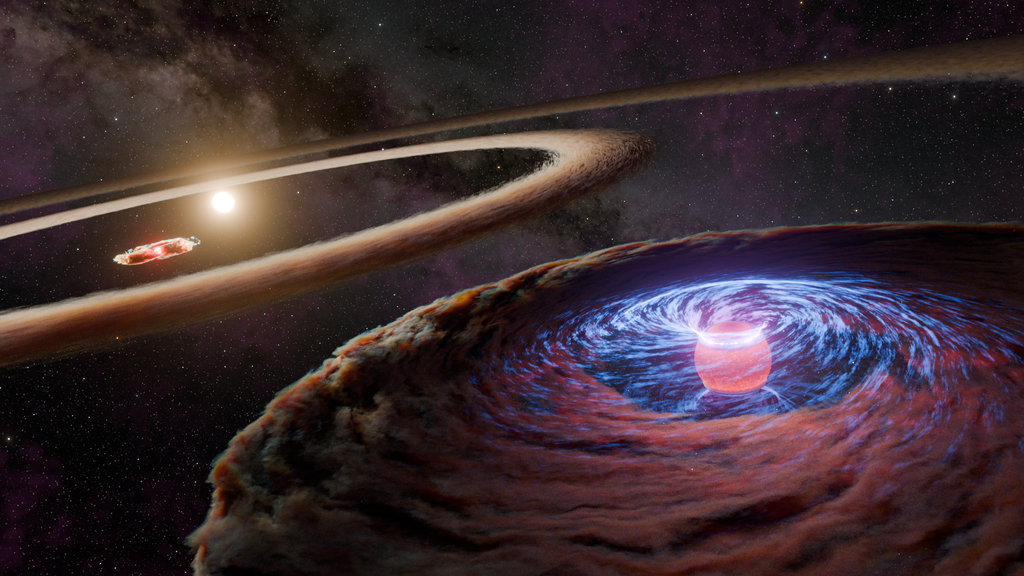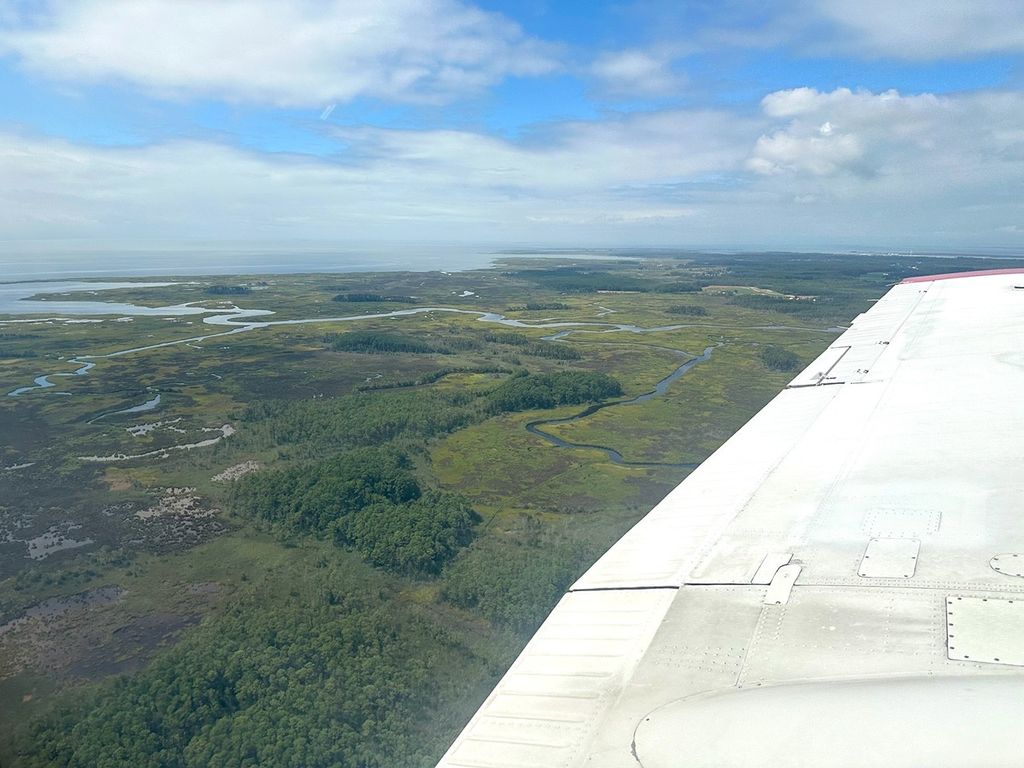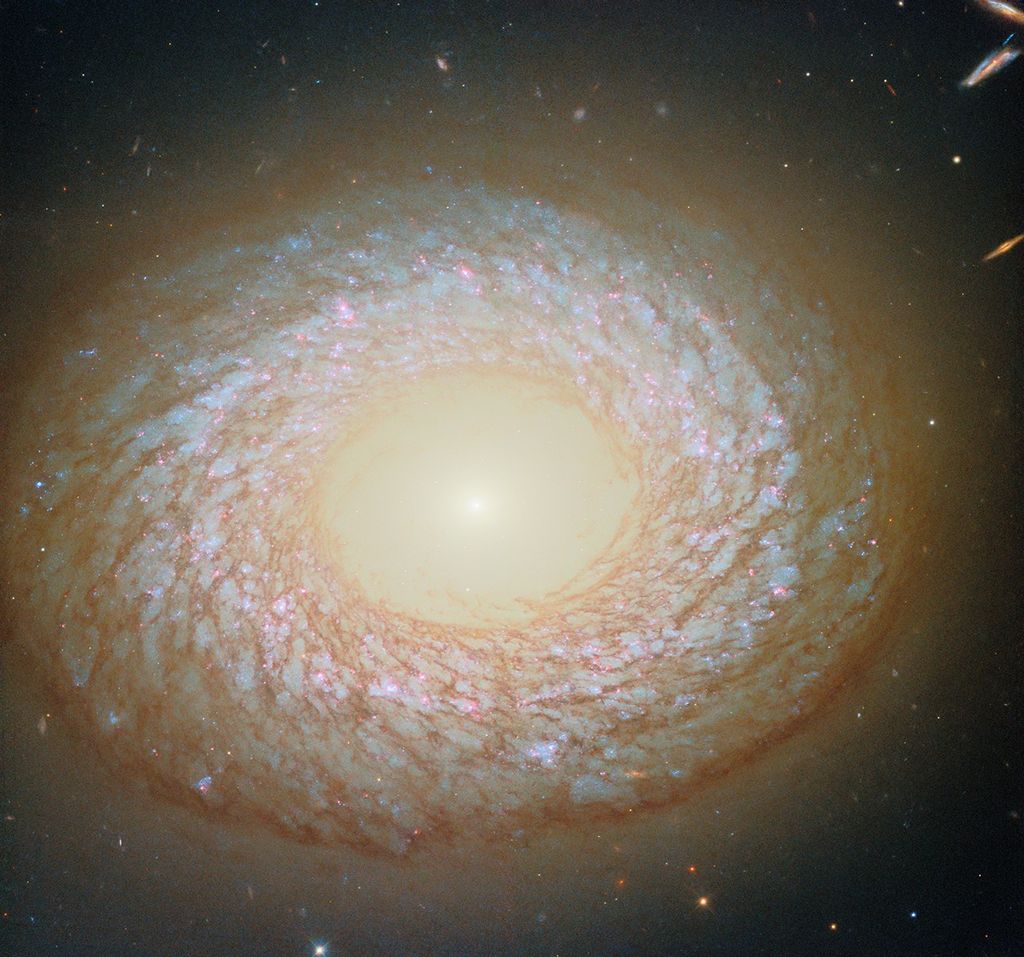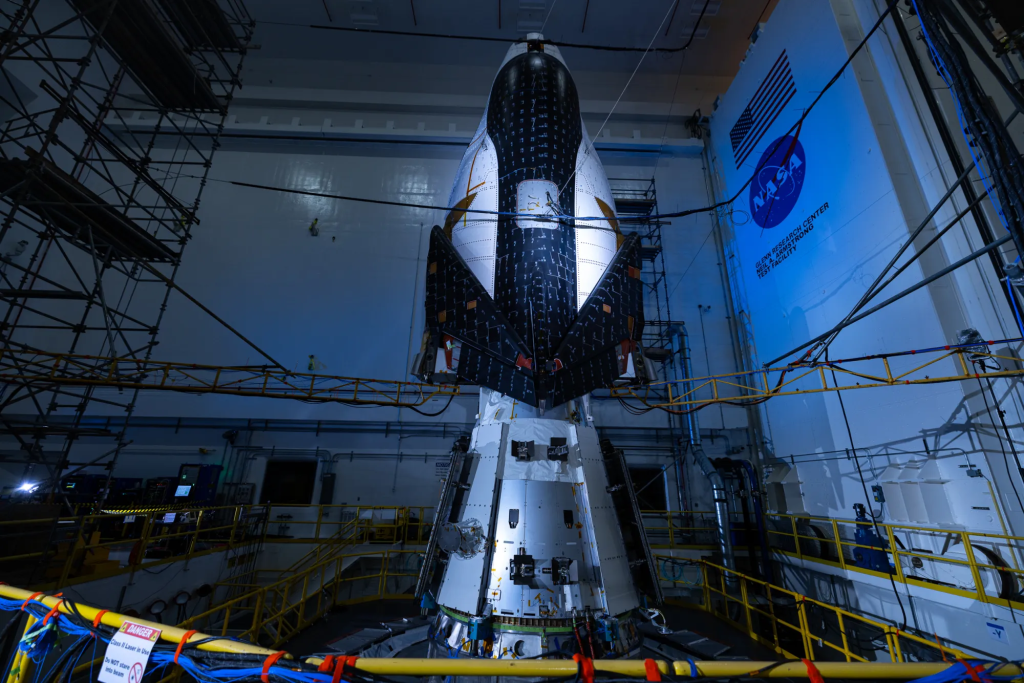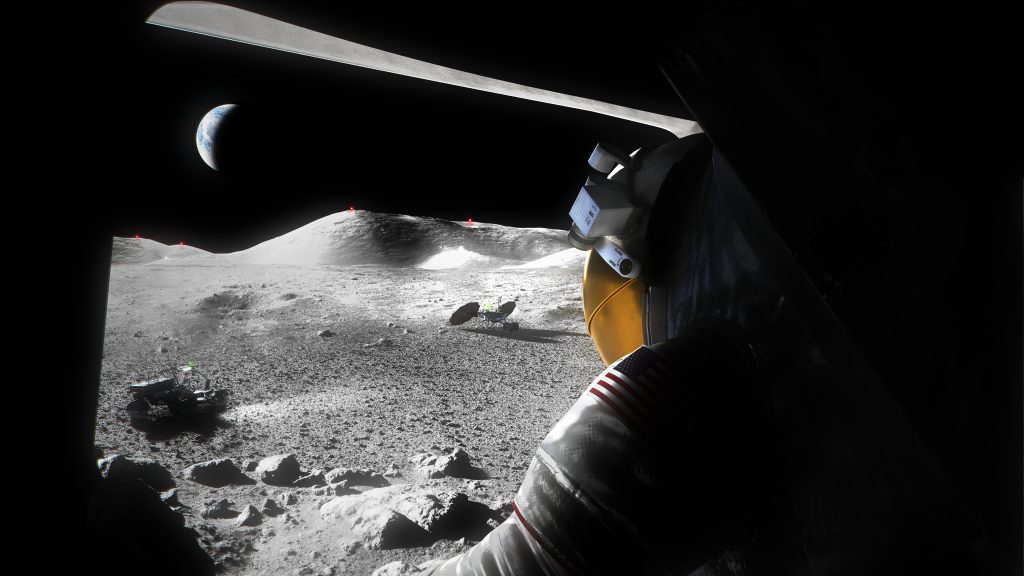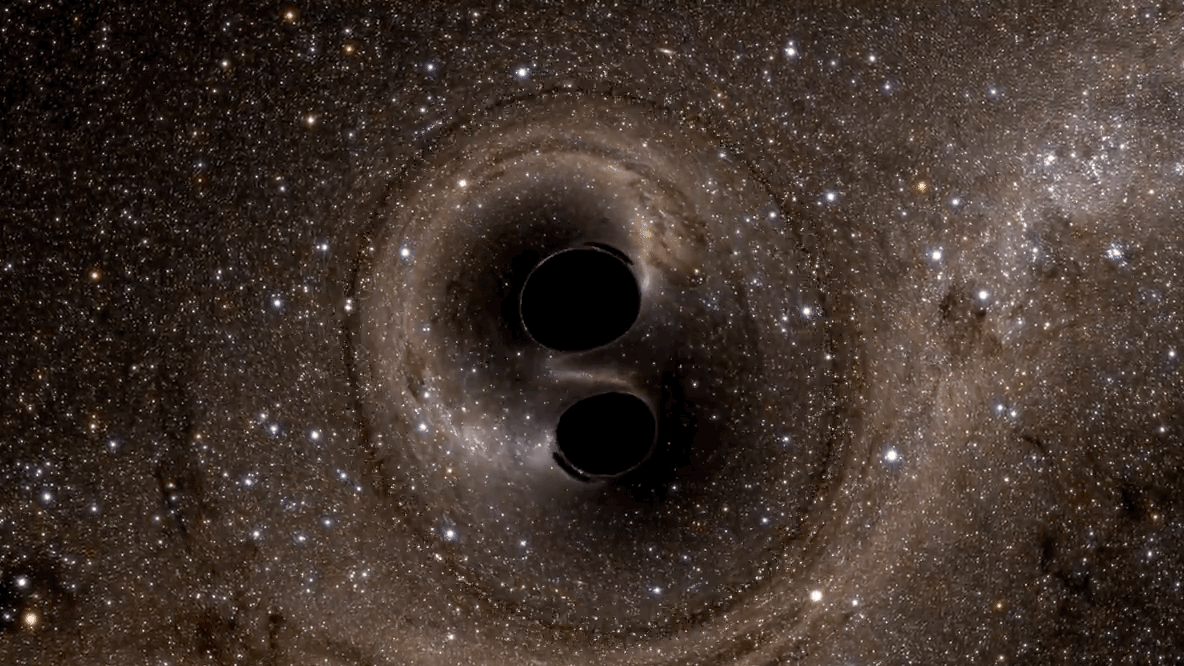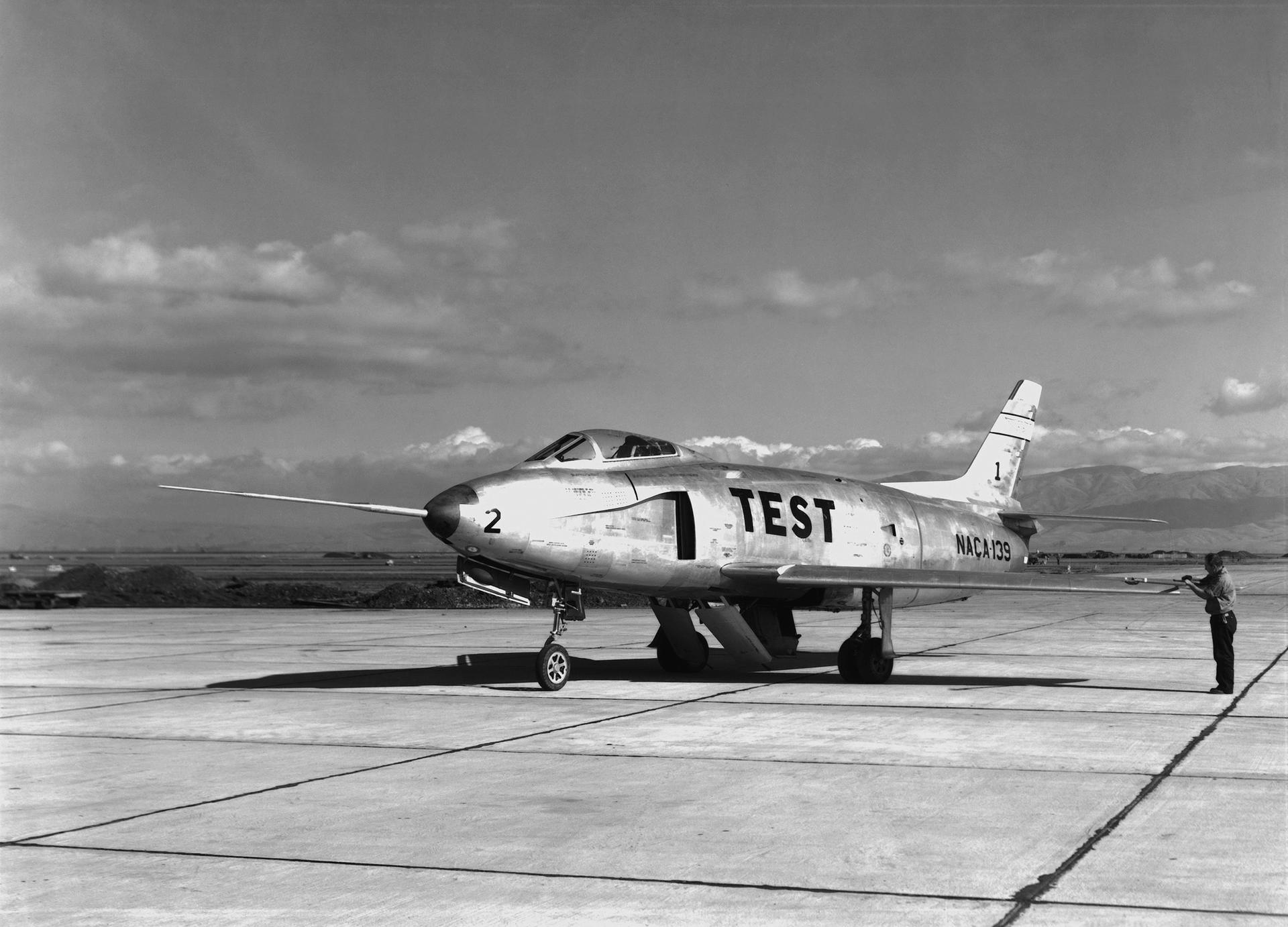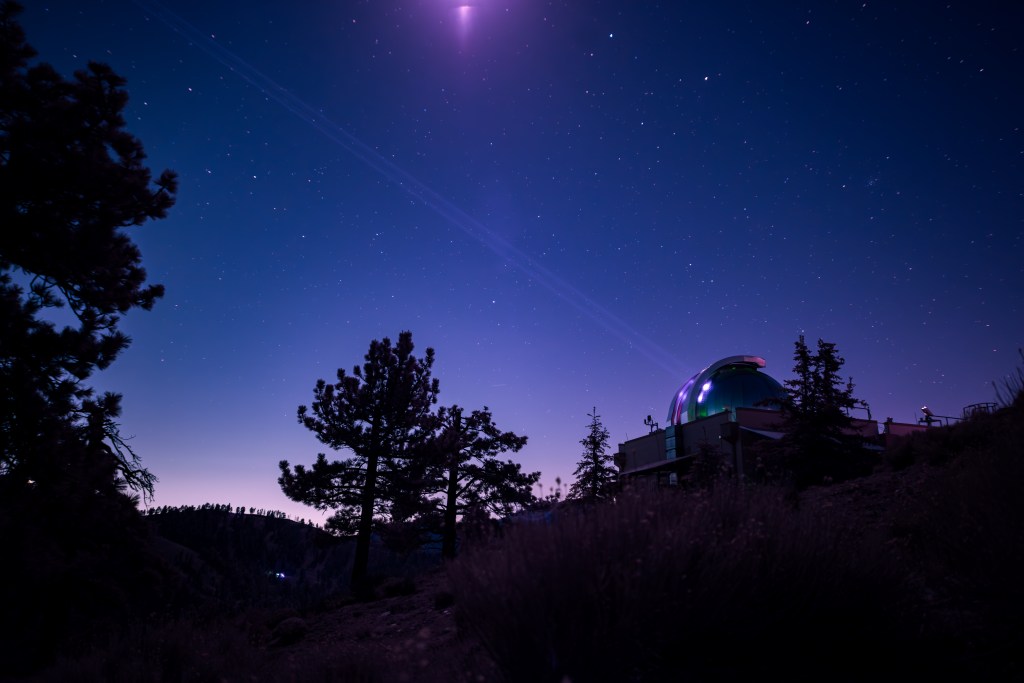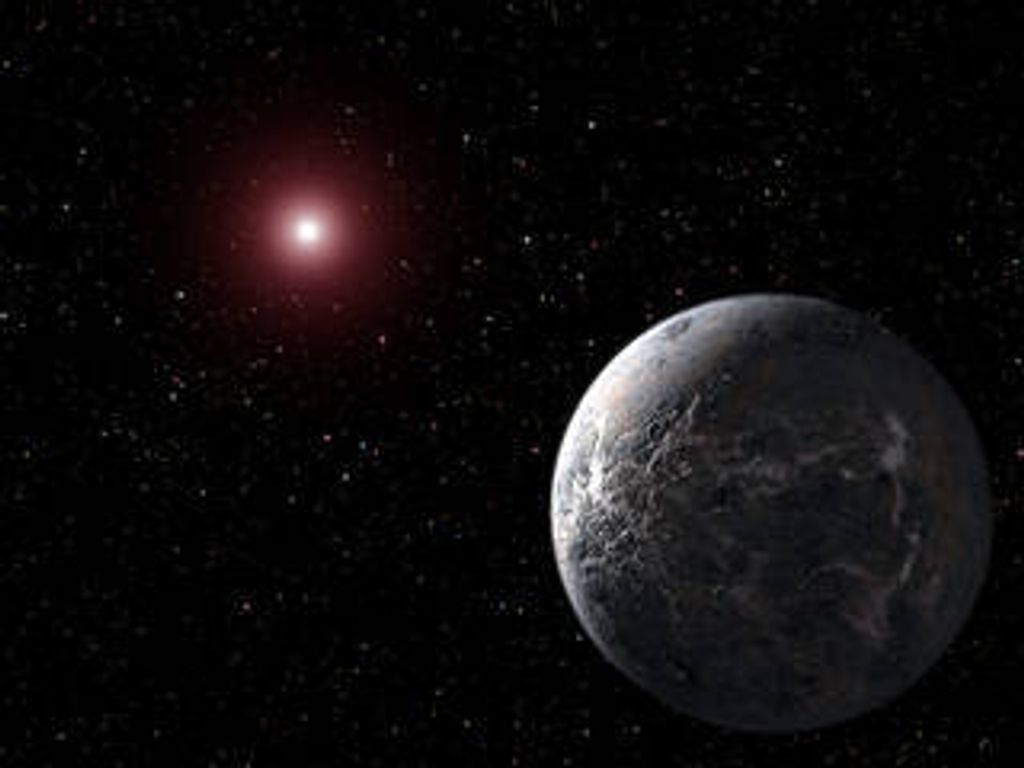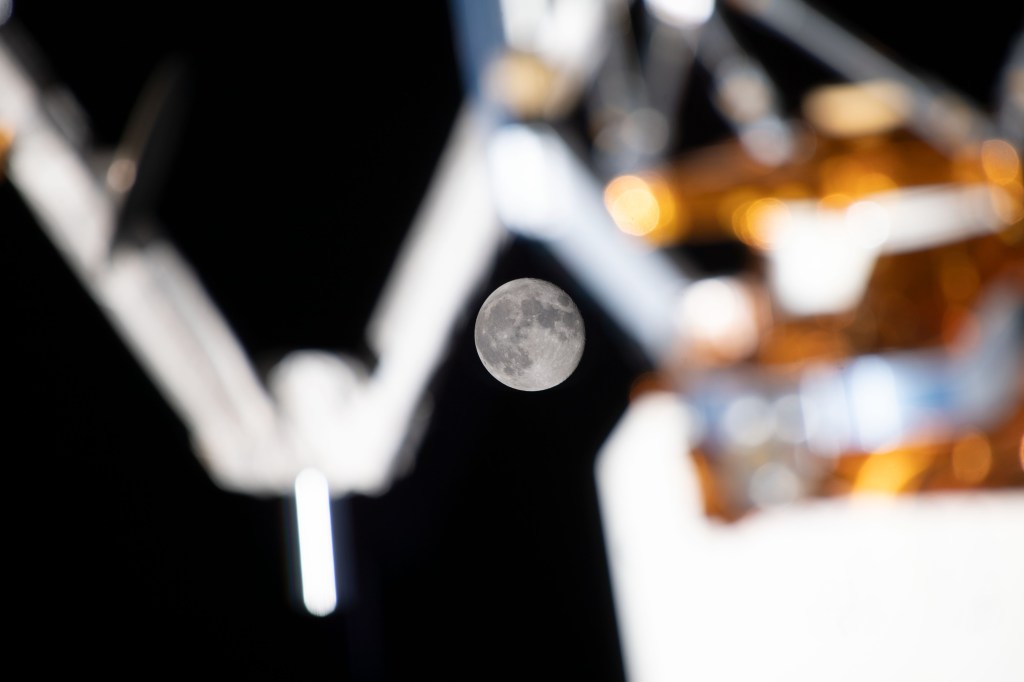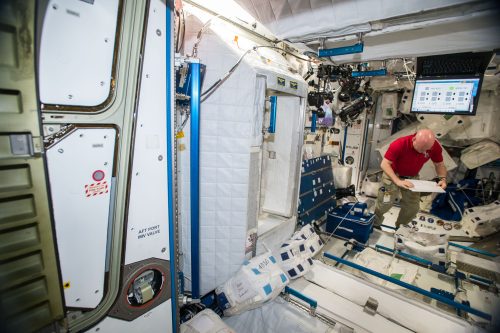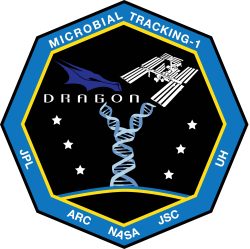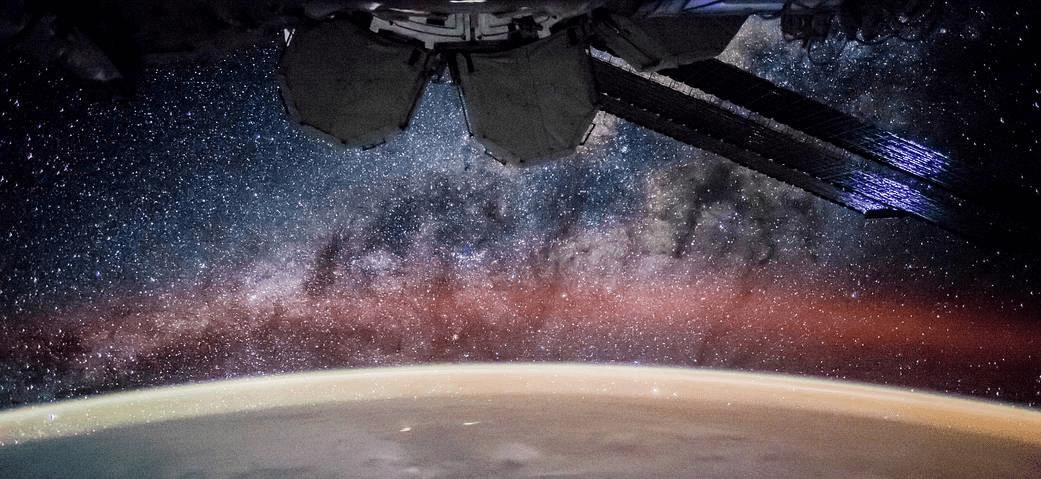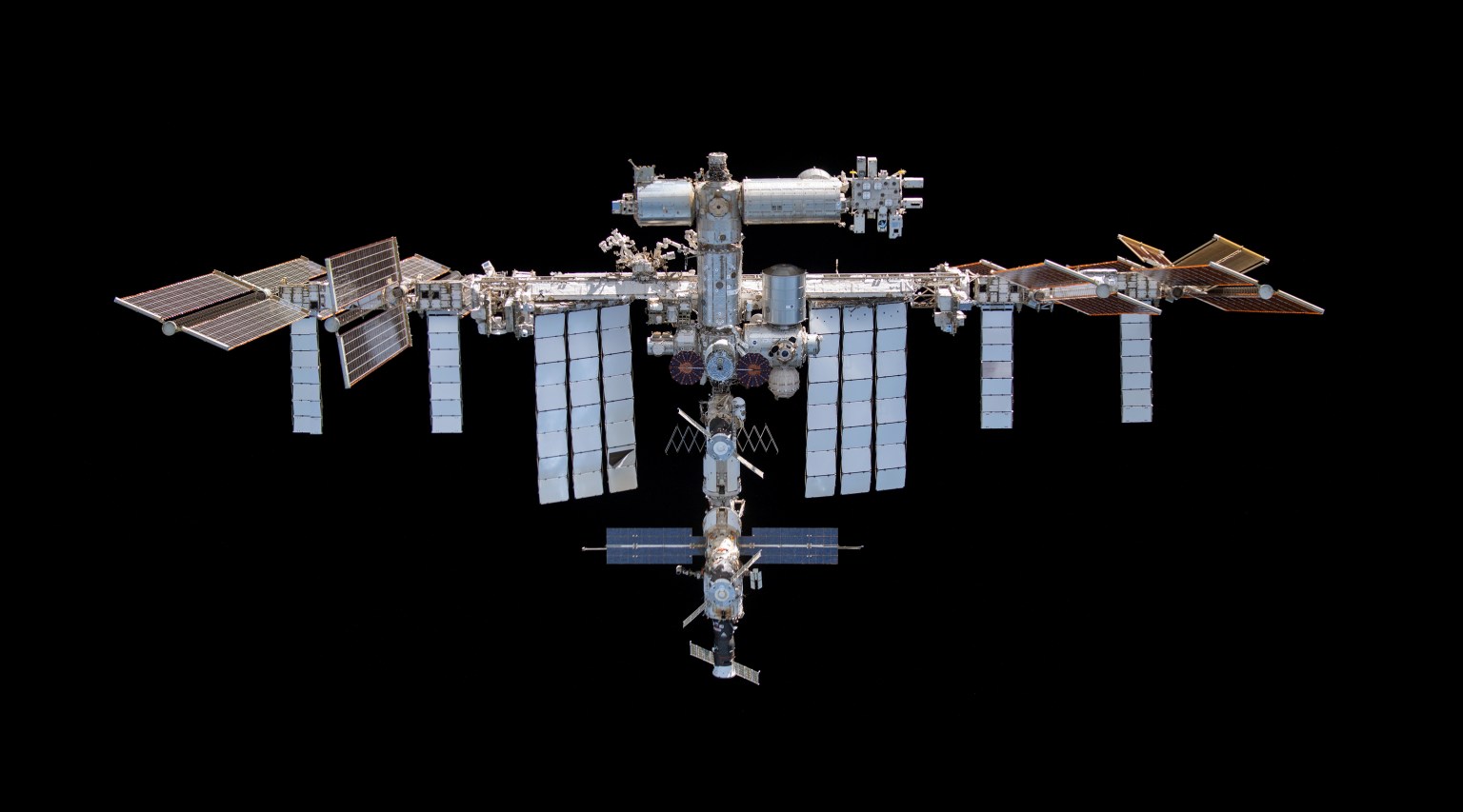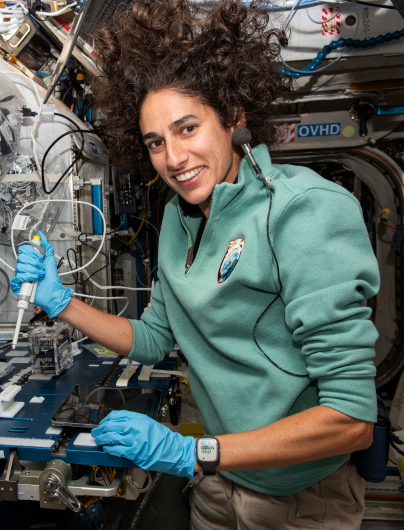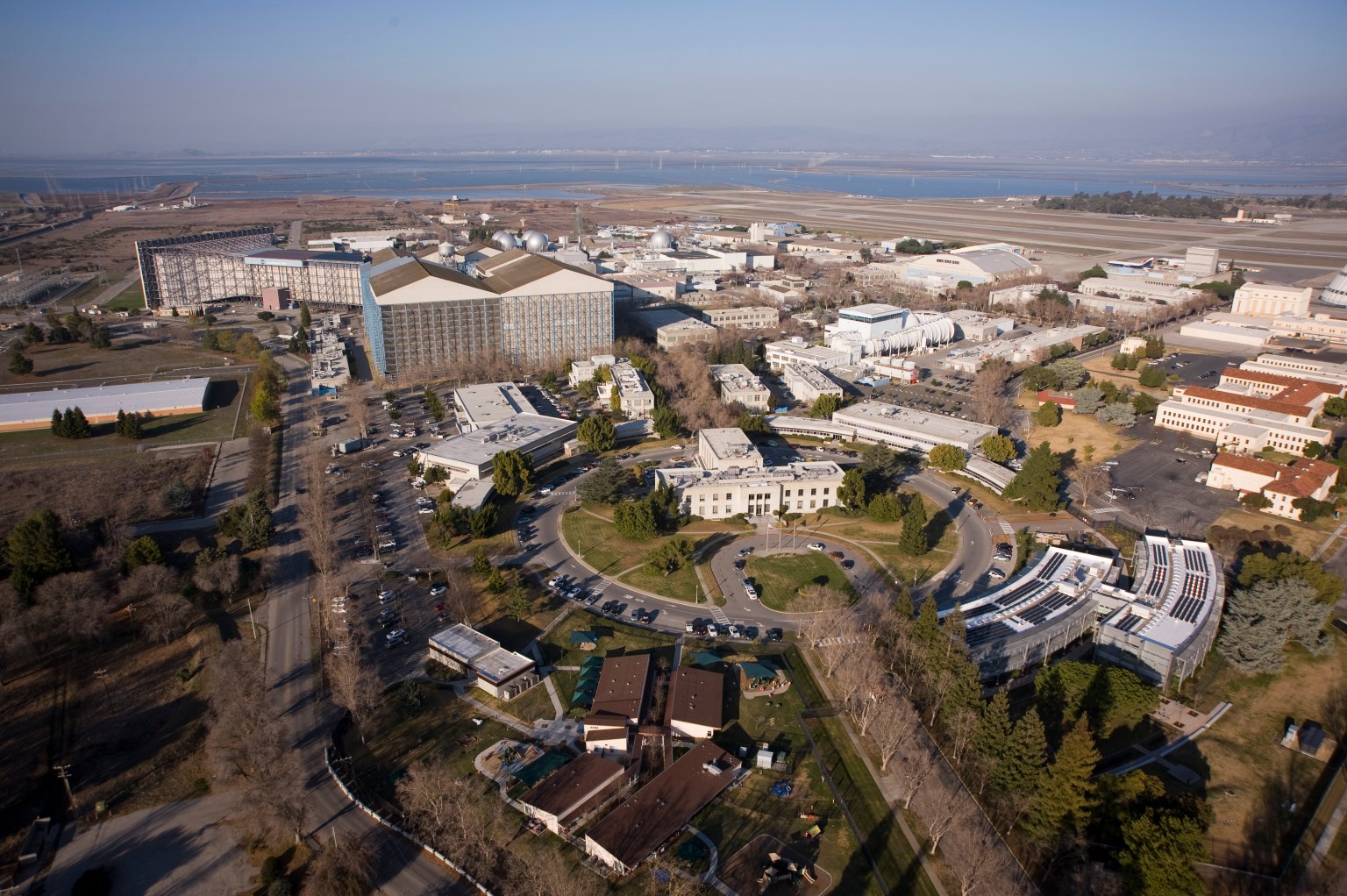Microbial Tracking-1C (SpaceX-8)
Microbial Tracking Payload Series
Microbial Tracking-1 is a three-part investigation that seeks to characterize airborne and surface-associated populations of microorganisms aboard the International Space Station. Conducting three separate sampling missions will allow the investigators to assess how the microbial communities aboard the station change over time. The first part of the series, Microbial Tracking-1A, flew to the station on SpaceX-5 Dragon on Jan. 10, 2015. The second part of the series, Microbial Tracking-1B, flew to the station aboard SpaceX-6 on April 14, 2015. The third part of the investigation, Microbial Tracking-1C, launched to the station aboard SpaceX-8 on April 8, 2016.
Currently, monitoring of the quantity and types of microorganisms aboard the space station is primarily performed by culture-based methods in which microbes are cultured—grown—in the laboratory before being analyzed. Culture-based methods are inherently limiting, since only an estimated 1-3% of microorganisms can be grown under laboratory conditions. This means only a small subset of microbial communities can be detected and studied using culture-based methods alone.
The Microbial Tracking-1 study will use culture-based and high-throughput methods of molecular analysis to analyze air and surface samples returned from the space station. The high-throughput methods complement traditional culture-based methods of microbial analysis and allow for identification of “unculturable” microbes.
Findings from the Microbial Tracking-1 study will provide NASA with tools to estimate crew health and spacecraft performance risks stemming from microbial growth onboard a crewed space vehicle. NASA is also interested in developing ways to minimize the hazards from microbes during long-duration crewed missions. Data from this investigation will be made available to the scientific community through an open-access database developed by NASA called GeneLab.
Microbial Tracking-1 is managed and supported by the Space Biology Project at NASA’s Ames Research Center in California’s Silicon Valley. Funding for Space Biology comes from the Space Life and Physical Sciences Research and Applications Division within the Human Exploration and Operations Mission Directorate at NASA Headquarters.
Project manager: Elizabeth Pane, NASA Ames Research Center
Project scientist: Fathi Karouia, Ph.D., Fully Integrated Lifecycle Mission Support Services, NASA Ames Research Center
Principal investigator: Kasthuri Venkateswaran, Ph.D., NASA’s Jet Propulsion Laboratory
Co-investigator: Duane L. Pierson, Ph.D., NASA’s Johnson Space Center
Co-investigator: Douglas J. Botkin, Ph.D., NASA’s Johnson Space Center
Co-investigator: George Fox, Ph.D., University of Houston
More Information:
What’s Growing on the Space Station’s Walls? Observing How Microbes Adapt in a Spaceflight Environment.
For more information, see the Space Station Research Explorer for the Microbial Tracking-1 mission.

